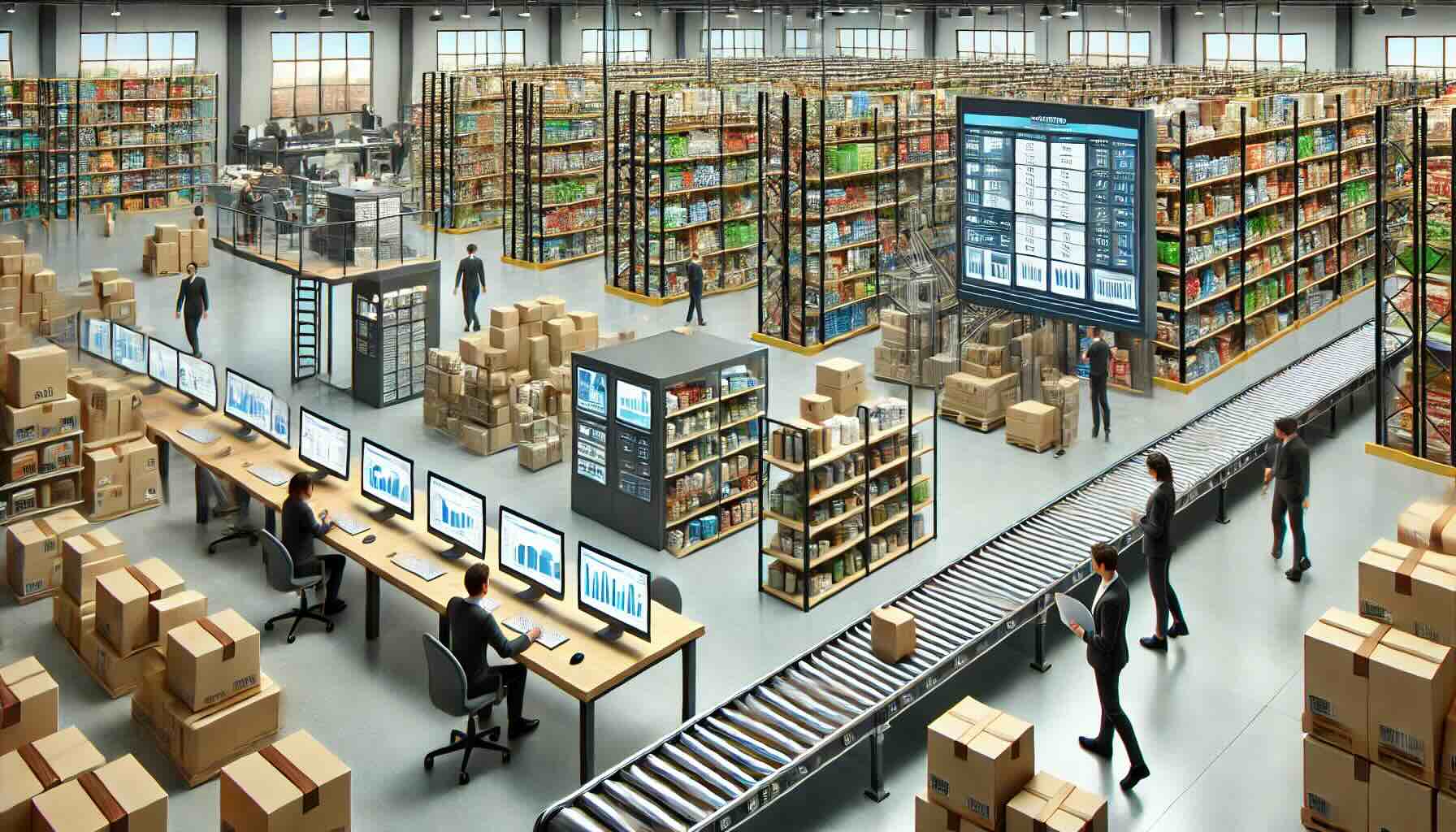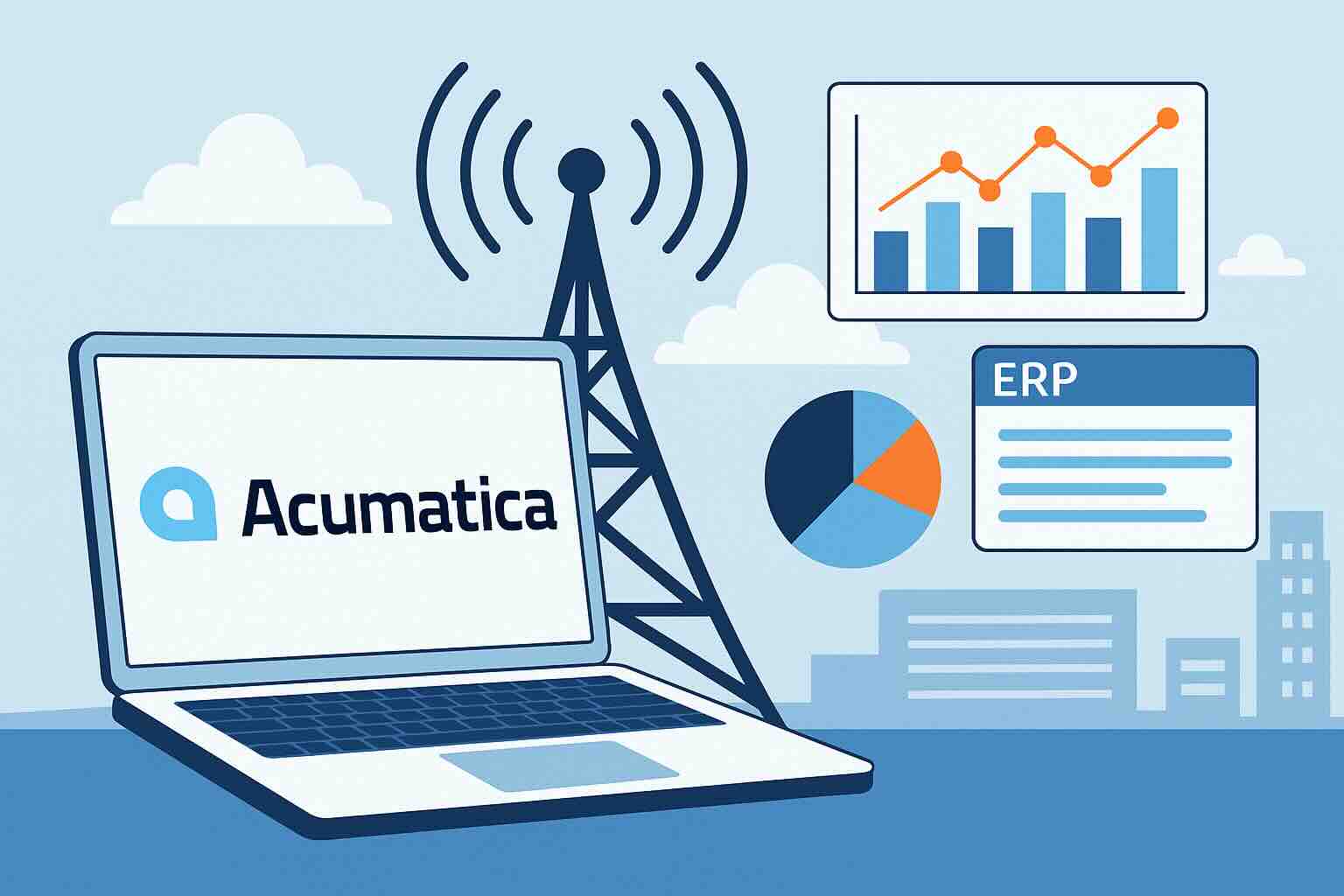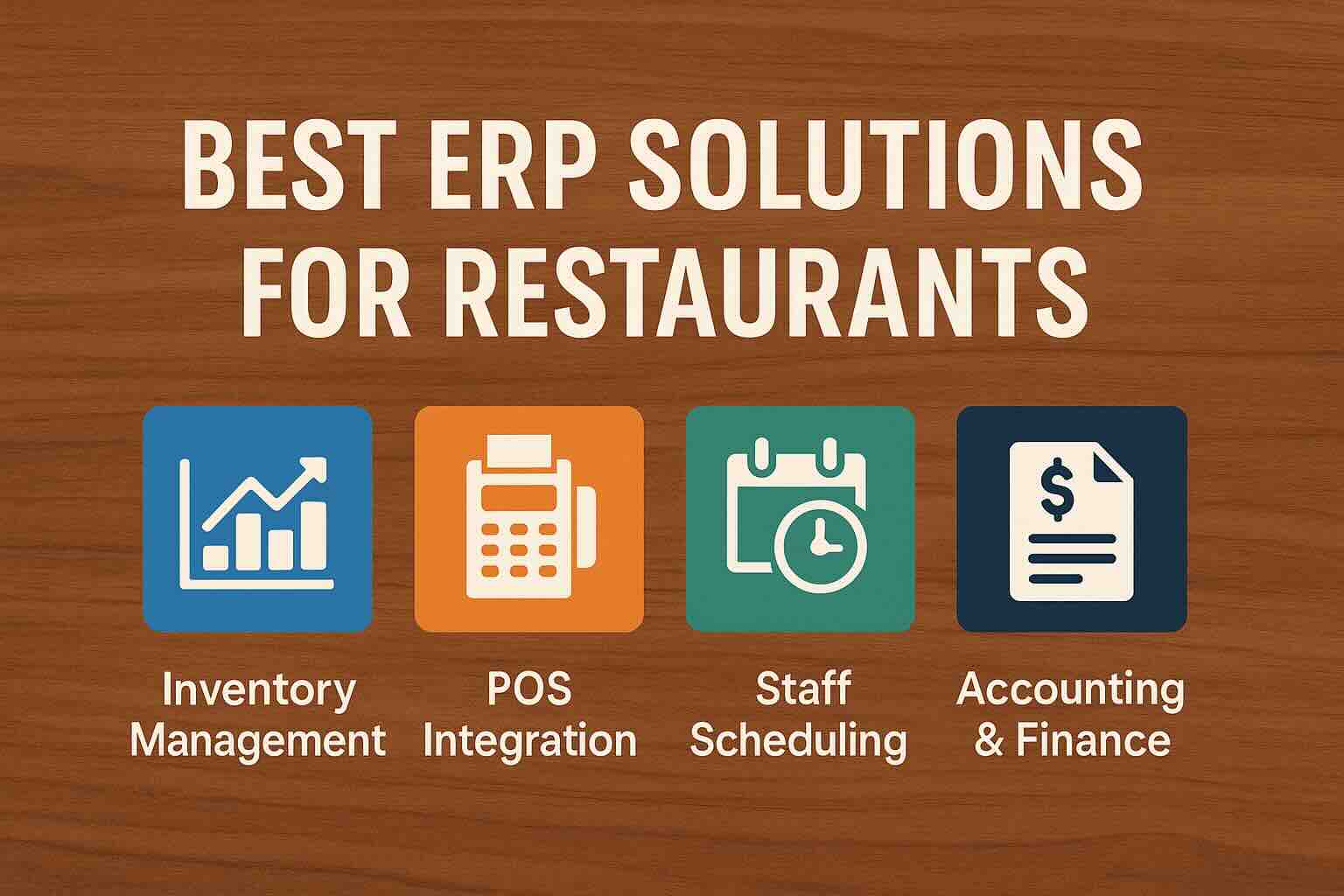Is Odoo a Good Choice for the Consumer Goods Industry?

The consumer goods industry is fast-paced, competitive, and highly complex, requiring businesses to stay on top of supply chain logistics, inventory management, customer demands, and regulatory compliance. To thrive in this dynamic environment, consumer goods companies need a reliable and versatile enterprise resource planning (ERP) system that can streamline operations and provide real-time visibility across all business functions. One such system that has gained popularity across various industries is Odoo. But is Odoo for consumer goods businesses the right fit?
This article explores how Odoo can benefit the consumer goods sector, its key features, and potential limitations to help you decide whether it’s the best ERP solution for your business.
Why Consumer Goods Businesses Need an ERP Solution
Consumer goods businesses face several challenges that can be addressed with an ERP system:
- Supply Chain Complexity: Managing suppliers, manufacturers, distributors, and retailers requires seamless coordination and real-time data exchange.
- Inventory Management: Efficient stock management is essential to prevent stockouts, overstocking, or disruptions in the supply chain.
- Customer Relationship Management: Keeping up with changing consumer preferences and maintaining high customer satisfaction is critical to success in this industry.
- Regulatory Compliance: Consumer goods businesses are subject to strict regulations regarding product safety, labeling, and reporting. Failure to comply can lead to fines and reputational damage.
- Omni-Channel Operations: With the rise of e-commerce and direct-to-consumer sales, businesses must efficiently manage sales across multiple channels.
Given these challenges, a robust ERP solution like Odoo can provide consumer goods companies with the tools they need to optimize their operations and remain competitive.
What is Odoo?
Odoo is an open-source ERP system that offers a comprehensive suite of business applications, including accounting, inventory management, CRM, e-commerce, and human resources. What sets Odoo apart from other ERP systems is its modularity and customizability, which allow businesses to tailor the software to their specific needs. Whether you run a small, mid-sized, or large consumer goods company, Odoo’s modular structure allows you to implement only the features you need and scale as your business grows.
Some of the key features that make Odoo a viable option for consumer goods businesses include:
- Integrated Modules: Odoo offers over 30 business modules that can work seamlessly together, such as inventory management, manufacturing, sales, and accounting.
- User-Friendly Interface: Its modern and intuitive interface ensures that employees across departments can easily adapt to the system.
- Affordable Pricing: Odoo offers both a community (open-source) version and an enterprise version, making it a cost-effective solution compared to proprietary ERP systems.
- Flexibility and Customization: Odoo is highly customizable, allowing businesses to configure it to meet specific industry requirements.
Key Benefits of Odoo for the Consumer Goods Industry
1. Efficient Inventory and Supply Chain Management
One of the biggest challenges for consumer goods businesses is managing inventory effectively. Overstocking or understocking can have significant impacts on profitability and customer satisfaction. Odoo’s Inventory module provides real-time inventory tracking, automated stock replenishment, and advanced reporting features, ensuring businesses have the right amount of stock at all times.
Odoo’s Supply Chain Management module can further optimize procurement, production, and distribution processes by automating reordering and tracking shipments in real-time. With features such as multi-warehouse management and batch tracking, businesses can maintain end-to-end visibility over their supply chains, reducing delays and improving efficiency.
2. Enhanced Sales and Customer Relationship Management (CRM)
Odoo’s CRM module is designed to help businesses manage customer interactions, sales pipelines, and marketing campaigns more effectively. For consumer goods companies, this means being able to analyze customer buying behaviors, forecast demand, and develop targeted marketing strategies to improve sales.
Additionally, Odoo’s Sales module enables omni-channel sales management, integrating e-commerce platforms, point-of-sale (POS) systems, and direct sales channels into a unified system. This seamless integration ensures that customer orders are fulfilled on time, whether they come from online stores, retail outlets, or third-party marketplaces.
3. Seamless E-commerce Integration
In today’s digital age, having a robust online presence is essential for any consumer goods business. Odoo’s E-commerce module is fully integrated with its other business applications, allowing companies to manage their website, product listings, and inventory in real time. The platform also supports multiple payment gateways, ensuring a smooth checkout process for customers.
Moreover, Odoo’s e-commerce features can handle product reviews, promotions, discount codes, and customer portals, providing a complete digital sales solution. The real-time synchronization with inventory and order management systems ensures that businesses avoid stockouts or delays in fulfillment, which can negatively impact customer satisfaction.
4. Advanced Manufacturing Capabilities
For consumer goods manufacturers, managing production efficiently is critical to meeting demand and maintaining profitability. Odoo’s Manufacturing module allows businesses to automate production workflows, track work orders, and manage bills of materials (BOM) in real time. Its Master Production Schedule (MPS) feature enables businesses to plan production based on demand forecasts, reducing lead times and optimizing resource allocation.
Furthermore, Odoo’s Quality Management feature helps ensure that products meet quality standards, while Traceability features enable businesses to track products from raw materials to finished goods, which is essential for regulatory compliance and recalls.
5. Financial Management and Reporting
Financial visibility is crucial for making informed business decisions. Odoo’s Accounting module provides consumer goods businesses with comprehensive financial management tools, including real-time profit and loss statements, balance sheets, and cash flow reports. This module can also integrate with the company’s sales and inventory systems, ensuring that financial records are accurate and up to date.
Odoo’s financial reporting features can be customized to meet industry-specific requirements, such as handling taxes, discounts, and multi-currency transactions. This enables consumer goods companies to generate detailed financial reports and stay compliant with tax regulations in different regions.
6. Regulatory Compliance
Consumer goods companies are subject to strict regulations, especially when it comes to product safety, labeling, and reporting. Odoo can help ensure regulatory compliance by offering features such as product traceability, quality control, and automated reporting. Its Document Management module allows businesses to store important records and documents securely, ensuring that they are readily available for audits or inspections.
Odoo’s Lot and Serial Number Tracking feature is particularly useful for businesses that need to trace products throughout the supply chain, enabling quick responses to product recalls or safety issues.
Potential Limitations of Odoo for Consumer Goods Businesses
1. Customization and Implementation Time
While Odoo’s flexibility is one of its biggest strengths, it can also be a challenge. Customizing and implementing Odoo to meet specific industry requirements may require the help of experienced developers or consultants. Depending on the size and complexity of the business, the implementation process may take longer compared to out-of-the-box ERP solutions that are designed specifically for the consumer goods industry.
2. Third-Party Integrations
Odoo has a wide range of native integrations, but some businesses may rely on third-party applications that are not supported out of the box. While Odoo’s API allows for custom integrations, this can add to the complexity and cost of implementation.
3. Learning Curve
Although Odoo’s interface is user-friendly, it still requires training, especially for employees who are unfamiliar with ERP systems. Larger businesses with multiple departments may need to invest time and resources in training staff across the organization to ensure smooth adoption of the system.
Conclusion
Odoo can be an excellent ERP solution for consumer goods businesses, offering a comprehensive suite of tools that cover everything from inventory management to CRM, e-commerce, and financial reporting. Its flexibility, cost-effectiveness, and scalability make it a viable option for businesses of all sizes in the consumer goods sector. However, businesses should be prepared to invest in customization and training to fully unlock the system’s potential.
Ultimately, Odoo for consumer goods businesses is a strong contender in the ERP market, especially for companies looking for a modular, open-source solution that can grow and evolve with their business needs. To find out more about Odoo click this link.
To compare Odoo with 100s of other ERP solutions, you can use our new AI-powered Compare ERP tool. It’s free to use and you get a guaranteed discount on your first year’s licence fees with a referral from Compare ERP.









